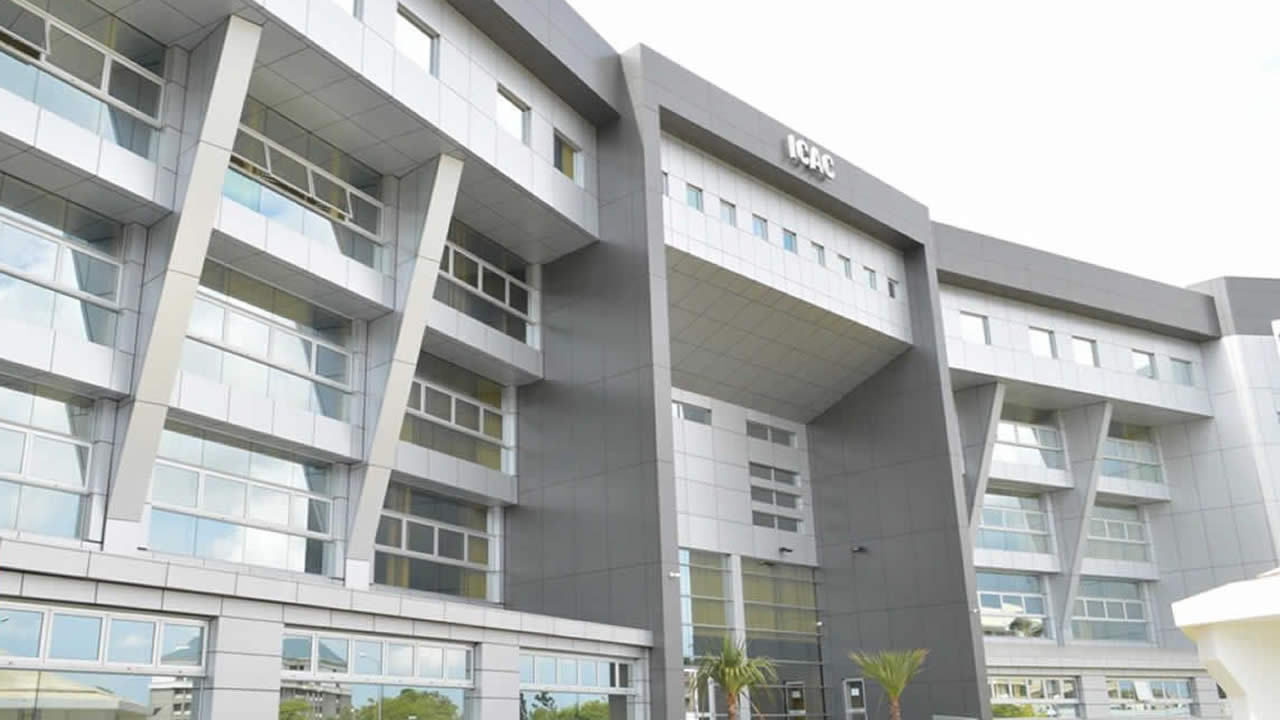
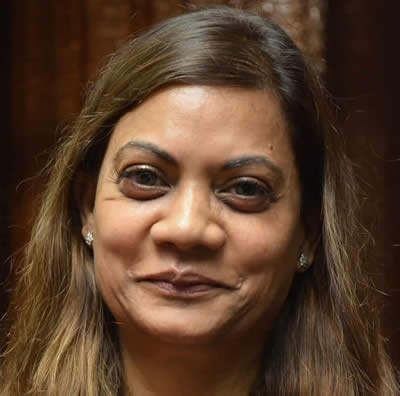
Since 2012, Mauritius has seen its score plummeting in the Corruption Perception Index. In 2018, with a score of 50, Mauritius is ranked 54th in the world out of 180 countries. This Sunday 9th December, we are celebrating the International Anti-Corruption day worldwide. While Lovania Pertab sees positive signs, Rajendra Patil Hunma believes otherwise. It is time to deliberate where does Mauritius stand in the fight against corruption. Are we on the right track? Opinions are divided among our experts in this field.
Mauritius is ranked sixth in Africa behind Botswana, Seychelles, Cape Verde, Rwanda and Namibia. Much is being done to combat corruption in the country. Is Mauritius winning the fight against corruption or are we lagging behind?
Lovania Pertab, lawyer and President of Transparency Mauritius, explains that for the year 2018, the Corruption Perception Index (CPI) of Mauritius has fallen by four points, which means that the perception of corruption is now greater in Mauritius. “This indicates that there is much corruption and that the public sector is highly corrupt. It is regretful that we do not have surveys which target the private sector. We all know that we have corrupt people.”
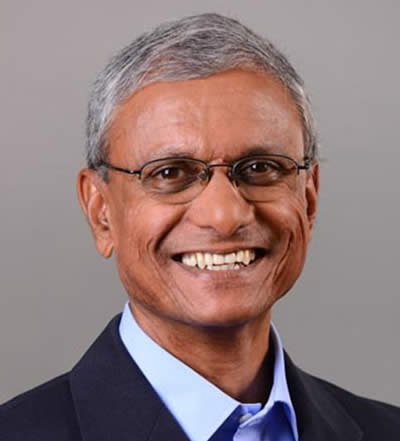
Senior lecturer and co-founder of Mauritius Society Renewal, Dr Roukaya Kasenally argues that the fight against corruption must be an ongoing one and a strong political will must come into play to uproot it and instill a culture of integrity, ethics and transparency. “Judging by the latest CPI ranking, Mauritius has been steadily declining in the last five years and we are now well behind a number of African countries that have really adopted a zero tolerance policy towards corruption.”
She further adds that “the current Government came to power with a clear message that it would promote clean government. Unfortunately, we see the culture of opacity, the capture of State resources by a small group of political elites, increasing levels of impunity among those in power and their close acolytes and the list goes on. The institutions that were supposed to act as check and balances are weak. It is really time that we walk the talk and this brings me to the urgent need for political will.”
Rajendra Patil Hunma underscores that when we speak of corruption, we need to differentiate between petty corruption and political corruption. “While both are condemnable, we need to pay more attention to the second type of corruption because of the scale of damage involved and the impact on tax-payers and the population at large.”
Mauritius has some laws and institutions to deal with corruption, says the consultant. “However, it tends to focus more on petty ad-hoc corruption than on political corruption. Individuals caught taking small bribes are punished. On the other hand, a senior politician may use his influence to give a big contract to a company for supplying goods / services to the State. When these goods / services are later found to be defective or over-priced, this politician is not taken to task.”
Activities
In the context of the International Anti-Corruption Day, various activities are being organized by ICAC. On Friday 7th December, ICAC is organizing the Award Ceremony of the Short Film Competition. They will be rewarding the best films in the Amateur and Professional categories. Additionally, four regional anti-corruption campaigns will be organized at different places such as Municipal Council of Vacoas/Phoenix, Vacoas, Centre Commercial, Vieux Moulin, Rose Belle, Richemare Community Centre, Flacq, Pamplemousses Social Welfare Centre, Pamplemousses.
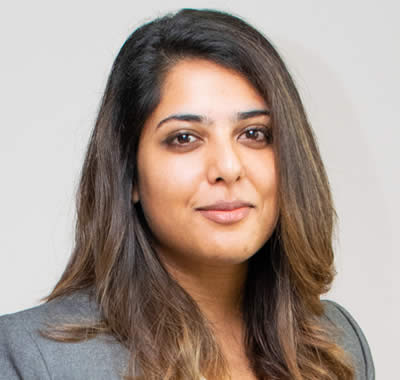
Are we winning against corruption?
Vandana Boolell, Director at Temple Consulting Ltd., the regulatory compliance limb of Temple Group, on her part, indicates that according to World Bank’s Worldwide Governance Indicators project, which aggregates indicators for over 200 countries, placed Mauritius at 62 out of 100 countries for control of corruption in 2017. “In addition, Mauritius topped the Mo Ibrahim Index of African Governance for two consecutive years in 2017 and 2018 with a score of 79.5 out of 100. This indicates that we can also be considered as a regional leader.”
She avers that global policy-making bodies such as the Financial Action Task Force (FATF), or the Egmont Group, also recommend a number of adapted laws and regulatory structures be adopted to facilitate the reporting, investigating and successful prosecution of corruption-related offences. “There is evidence from these surveys to suggest that an overwhelming majorities of Mauritians believe that at least some government officials, police, National Assembly members, local councils, and Prime Minister staff are involved in corruption, and that a majority of Mauritians say ordinary citizens risk retaliation if they report corruption. For Mauritius to be ‘winning’, the fight against corruption, a sustained engagement with difficult issues is required not only on the domestic front, but in alignment with international norms.”
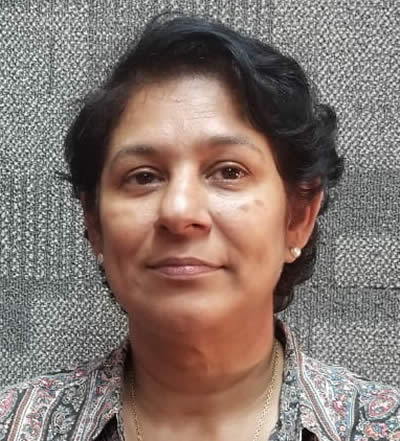
Additionally, Lovania Pertab indicates that there are positive steps which are being taken. “We at the level of Transparency Mauritius, we realise that the ICAC is working at its best in the fight against corruption, more specifically in matters of money laundering. However, we would highly appreciate that, for example, certain bodies function better like Integrating Reporting Service Agency, which is supposed to investigate in cases of unexplained wealth. The law must be extended to cover non-citizen having assets in Mauritius. We would also be happy that the Equal Opportunities Commission functions better in as much as corruption is not only about bribe and money but also about nepotism and cronyisms.”
On the other hand, Rajendra Patil Hunma argues that Mauritius is not winning the fight against corruption because it is not dealing effectively with political corruption. “The proposed transparency in campaign financing, if properly implemented, would be a first step in the right direction. But it will not suffice. Other bold measures are required.”
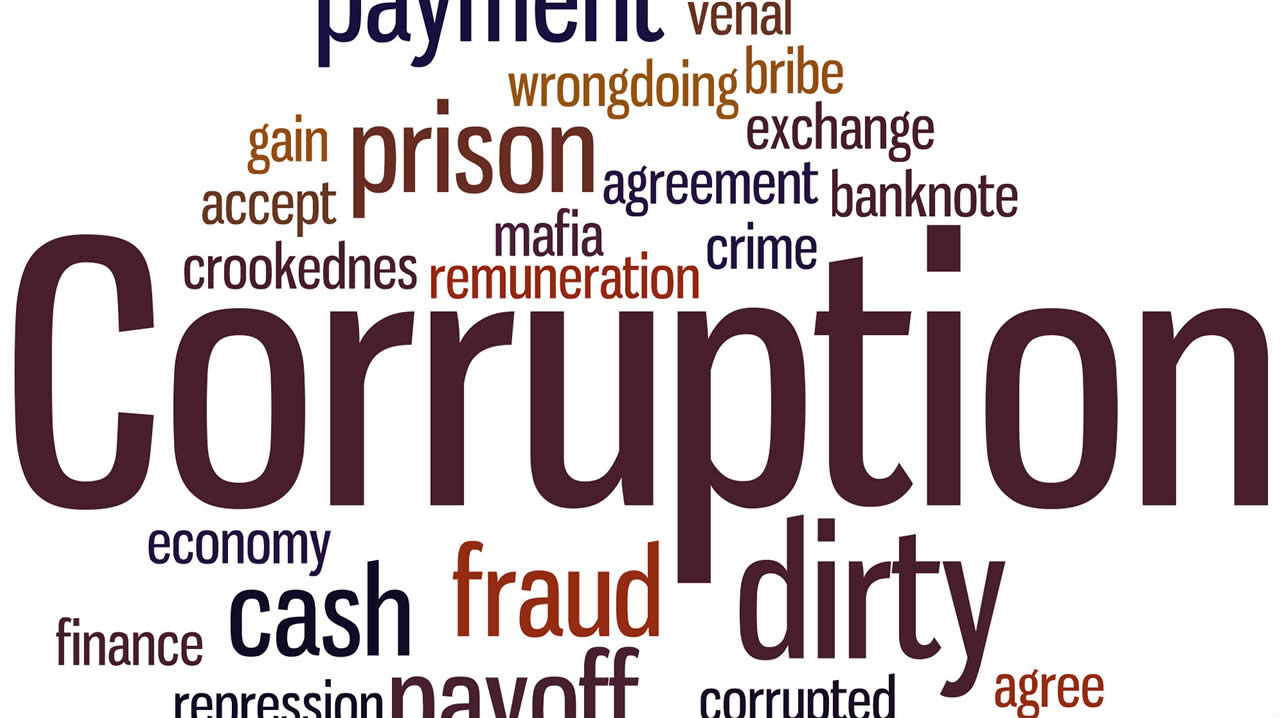
An impediment to our development
It is widely claimed by international organization that the amount generated by corruption has been 50 billion dollars for Africa only. Dr Roukaya Kasenally highlights that research has systematically pointed to the fact that the presence of corruption does not promote a form of development that is based on equity, equality and prosperity for all. “That is why the African Union this year has declared that the fight against corruption should be the mandate of all governments. Corrupt prone societies create all sorts of barriers to entry and, in the process, crowd out genuine entrepreneurs (local or foreign) and impede the flow of clean capital.”
Furthermore, Rajendra Patil Hunma avers that corruption, especially political corruption, is an impediment to development because it results in overpriced and/or defective goods and services being supplied to the public or in state assets (state land, fishing rights,) being offered for excessively low prices to certain entities against kickbacks or campaign financing. “On a psychological level, corruption creates a perception that there are short-cuts to success and this lowers motivation to work hard or encourages others to indulge in petty corruption.”
Economic consequence
Economist Dr Bhavish Jugurnath contends that corruption and shadow economic activities are undeniable truths worldwide. “The wonder of technological advances has led to a noteworthy change in the world. Competition is prevailing thereby increasing the number of import and export transactions taking place. Consequently, the sizes of the shadow economy (SE) as well as corruption level are also increasing. Corruption is a major obstacle to economic development. It reduces domestic investment, discourages foreign direct investment, inflates government spending, and shifts government spending away from education, health, and infrastructure maintenance towards less efficient public projects. Distortions of political decisions due to corruption are likely to cause the clearest economic damage. They result in budget allocations, sector regulation and trade barriers contrary to the public interest, and eventually losses of revenue for the Government.”
He underlines that corruption has a direct specific impact on the cost of a project both for the business and for the public sector. “It basically causes higher prices in all the sectors; higher prices for medicine, health services, utility services, infrastructure, extra payments on import of inputs needed for production. But corruption also has indirect consequences, damaging public institutions, impairing citizen’s trust in the Government and causing lower incentives for innovation and higher inequality.”
Amrish Bucktowarsing : “ICAC has come a long way”
Communication and Press Relations Executive ICAC, Amrish Buckowarsingh confides that Mauritius is signatory of the United Nations Convention Against Corruption (UNCAC) since 2004 and the African Union Convention on Preventing and Combatting Corruption since 2018. By ratifying to these conventions, Mauritius pledges to criminalise and to fight corruption according to the definitions of the law. “Today ICAC has come a long way, as we are more and more recommended by international organisations such as the African Union, the Commonwealth Secretariat, World Bank and others, to assist anti-corruption agencies of regional countries such as Botswana, Mali, Madagascar and Seychelles, among others, in terms of capacity building and resource sharing.”
The Independent Commission Against Corruption is the national body mandated to spearhead this fight in Mauritius and we do so through a three-pronged approach strategy, namely prevention, education and investigation, he adds. “Prevention exercises are done by our analysts at various public bodies, either upon request or after referral from the investigation division. The analysts go through the procedures in place in the public body, identify loopholes or opportunity for corruption, and recommend corrective measures.”
As at date, ICAC has completed more than 1000 Prevention Corruption Reviews. “The overall compliance to the recommendations stands at around 80%. In terms of education, ICAC has down the years set up programmes targeting the Mauritian population from pre-primary to tertiary through the schooling system.”
Additionally, education and sensitisation sessions are regularly held by the prevention division in public bodies to inform public officials of their rights, but also duties with regards to the Prevention of Corruption Act 2002. “Finally, what we are best known for, investigating corruption offences, where the law covers several forms of corruption, form conflict of interest, traffic d'influence and bribery. Furthermore, we are also empowered to investigate in money laundering cases, under the Financial Intelligence and Money Laundering Act (FIAMLA).”
Measures to be taken
National strategy
Lovania Pertab recommends the setting up of a national strategy. “It is very important for Mauritius to have a national strategy against corruption. Corruption has two faces: those who are corrupted and those who initiate corruption. The national strategy must target both.”
Severe laws
Severe laws should certainly be in place, and, arguably, already are, says Vandana Boolell. “The Prevention of Corruption Act 2002 (POCA 2002) defines an ‘act of corruption’ to include the abuse of a public or private office for private gain. However, the issue is obviously more complex. There is still work to be done surrounding legislation around financing of political parties, protection of whistle-blowers, and transparency and accountability around public procurement. All of these are international indictors on which we are lagging behind.”
Education on Ethics
Vandana Boolell explains that there is the matter of culture and norms. “The long-lasting impact of corruption on our society and institutions is also elusive, making it very difficult to measure accurately. Therefore, efforts around raising awareness, education on ethics at all levels should be ongoing. Initiatives such as the Public Private Platform Against Corruption (PPPAC) spearheaded by the ICAC are an acknowledgement that there needs to be a collaborative and cohesive approach to tackle the problem of corruption.”
More attention to political corruption
Rajendra Patil Hunma believes that we should pay more attention to political corruption and take action whenever we detect any quid pro quo in campaign financing. “Ill-gotten gains of people whose family assets cannot be explained by what they are supposed to have legitimately earned need to be confiscated and those found guilty severely punished as a deterrent. This will result in a strengthening of our institutions and reduce systemic corruption.”
Navin Beekarry : “It is an issue that we cannot tackle on our own”
The Director General of ICAC, who participated in the debate of Le Grand Journal on Radio Plus on Thursday, on the theme ‘Can we win the fight against corruption’, Navin Beekarry stated that the biggest challenge is in the fight against any societal issue. “It is an issue that we cannot tackle on our own. It is a national as well as international matter.”
He trusts that there is progress in the fight against corruption. “We must all work together, not be in a rush,” he stated. Commenting on the revelations made by Transparency International (TI) in its Corruption Perception Index on corruption in Mauritius, the latter said that we should not limit ourselves by simply looking at the rankings whether it is up or down.
On whether corruption is rooted in our system due to the fact that there are people in various institutions who have been arrested and appealed before the Commission, the latter explained that ICAC targets the system and not people or the person. “We are saying that if there are risks and problems we must tackle them. Corruption is a question of image and perception. The solution will also be that of image and perception,” he underlined.
 J'aime
J'aime













